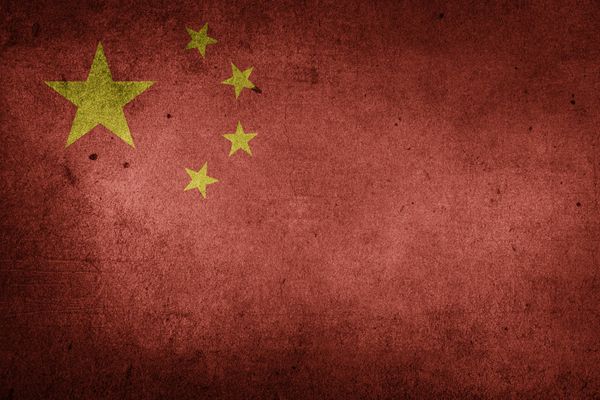Strengthening the Great Firewall: China Pledges More Internet Control

China's President Xi Jinping raised eyebrows around the globe with his reported demand for the creation and deployment of an enhanced "security barrier" surrounding the nation's Internet. This measure builds on the existing "Great Firewall of China," a digital fortress notorious for its stringent censorship and limited access to foreign media content.
Delivered at a recent cybersecurity conference in Beijing, President Xi's order underscores the Chinese Communist Party's (CCP) drive to consolidate control over the digital realm. Xi emphasized the Party's need to retain "leadership over the internet sector," citing "good cyber strength" as a principal motive behind the move.
"Work must be done to forge a strong cybersecurity barrier and give full play to the role of information technology as a driving force for development. It is imperative to govern cyberspace, run websites and apps, and carry out online activities according to the law," Xi said, according to government media.
CCP Secretariat Cai Qi echoed Xi's sentiments, underlining the need to maintain the Party's Internet supervision while bolstering its comprehensive leadership over information technology.
While inherently beneficial for cybersecurity, these directives draw fresh concerns due to their increase of state censorship and control. This notion of strengthening the "Great Firewall" has been seen as an attempt to further isolate the Chinese Internet, reducing foreign influence and enhancing domestic control.
This recent development may pose challenges for virtual private network (VPN) providers who have historically offered services to help users circumnavigate the existing Great Firewall. VPNs have traditionally served as a technological escape route, allowing users to access censored and geographically blocked content, and strengthening China's digital barrier could impede their effectiveness.
China's stringent regulations have already seen tech giants like Meta, Zoom, Google, Yahoo!, and LinkedIn retreat from its shores. An even more fortified digital barrier may further discourage foreign companies from entering or staying in the Chinese market.
Nonetheless, it's worth acknowledging that this move, in a vacuum, could help fortify a nation's cyber defenses. Enhanced cybersecurity is indeed a priority for governments worldwide, but the unique context of China's internet control underlines the fine line between security and surveillance, unrestricted access to information, and state censorship.
As global audiences watch with bated breath, only time will tell how this reinforcement of the "Great Firewall" will impact China's digital landscape and its relationship with the broader global Internet community.
tags
Author

Vlad's love for technology and writing created rich soil for his interest in cybersecurity to sprout into a full-on passion. Before becoming a Security Analyst, he covered tech and security topics.
View all postsRight now Top posts
How to Protect Your WhatsApp from Hackers and Scammers – 8 Key Settings and Best Practices
April 03, 2025
Outpacing Cyberthreats: Bitdefender Together with Scuderia Ferrari HP in 2025
March 12, 2025
Streamjacking Scams On YouTube Leverage CS2 Pro Player Championships to Defraud Gamers
February 20, 2025
How to Identify and Protect Yourself from Gaming Laptop Scams
February 11, 2025
FOLLOW US ON SOCIAL MEDIA
You might also like
Bookmarks








